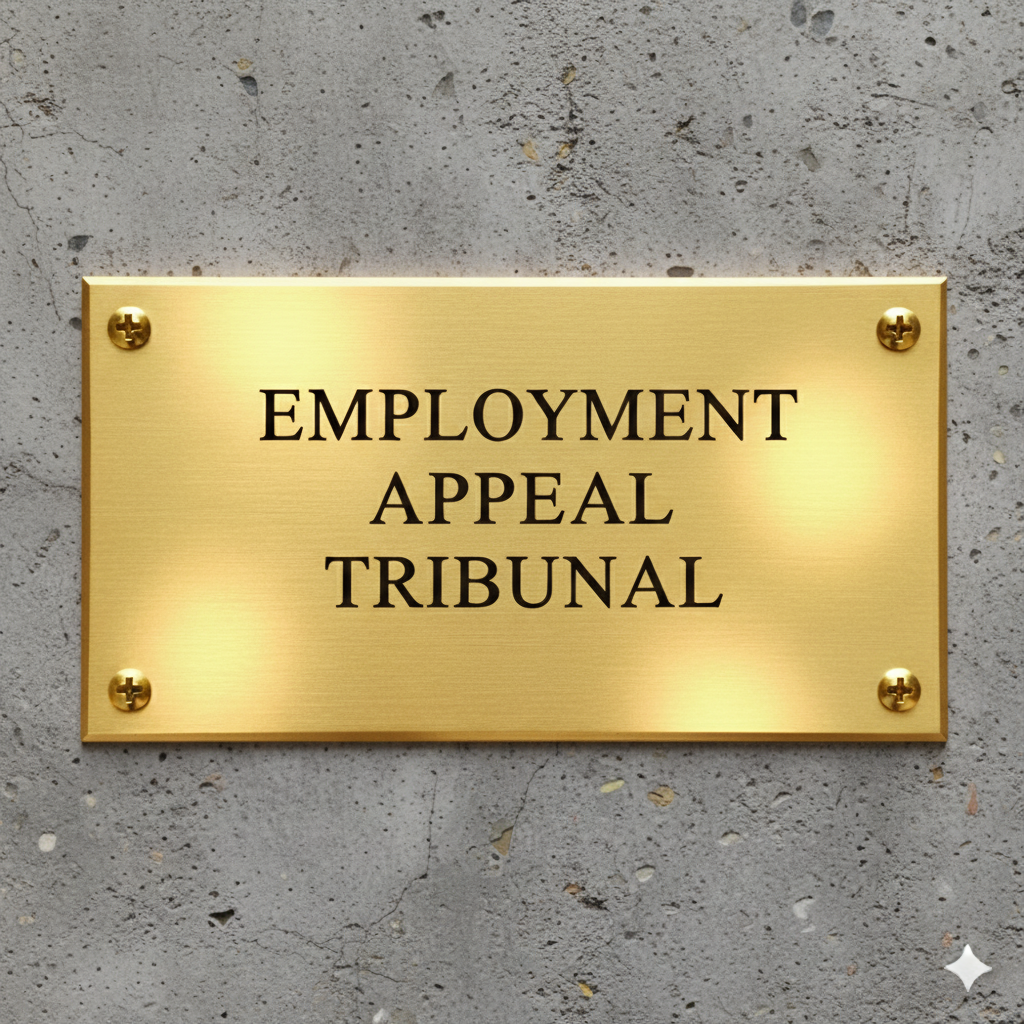DWP Tribunal Rehearing Ordered Due to Apparent Bias
The Employment Appeal Tribunal has ordered a rehearing in a case against the DWP, citing concerns of apparent bias from tribunal members, influencing the ability of a fair trial.
• public
DWP Faces Tribunal Rehearing After Bias Concerns Upheld
The Department for Work and Pensions (DWP) is facing a rehearing in an employment tribunal case after the Employment Appeal Tribunal (EAT) upheld an appeal based on apparent bias. The case, Ahmed v Department for Work and Pensions [2025] EAT 118, centred on claims of disability discrimination and victimisation originally brought by Mr. Hafeez Ahmed against his former employer.
Background of the Case
Mr. Ahmed, a former work coach at Washwood Heath Jobcentre, initially had his claims dismissed by an Employment Tribunal in August 2019. He subsequently appealed, raising concerns about bias among the original tribunal members. While permission to appeal on the grounds of bias was initially refused by Choudhury J, other grounds were successful, leading to a remittal of the case.
The Bias Allegations
The EAT's decision to order a rehearing stemmed from a combination of factors. Firstly, comments made by Mrs. Fox, one of the lay members of the original tribunal, regarding Mr. Ahmed's behaviour were deemed potentially biased. In an email, Mrs. Fox described Mr. Ahmed as a "difficult and thoroughly unpleasant individual" who displayed an "aggressive and confrontational attitude".
Secondly, the Employment Judge (EJ) Butler, who chaired the panel, later recused himself from the case due to Mr. Ahmed's conduct at a subsequent case management hearing. This recusal, coupled with Mrs. Fox’s earlier comments, raised serious concerns about the panel’s impartiality.
The EAT's Reasoning
Judge Stout, along with Mr. Nick Aziz and Mr. Steve Torrance of the EAT, concluded that the combination of Mrs. Fox's comments and EJ Butler's recusal created an appearance of bias. The EAT determined that a fair-minded observer would have concerns about whether the original tribunal members could have objectively considered the evidence, given the demonstrated animosity towards Mr. Ahmed.
The EAT panel noted that Mrs. Fox’s initial, “unvarnished” comments used language that was intemperate and demonstrated animosity towards the claimant, this combined with the recusal of the Employment Judge who chaired the panel, pushed the EAT to make the decision to allow the appeal.
Res Judicata Argument
The DWP's counsel argued that the principle of res judicata (issue estoppel) prevented Mr. Ahmed from re-litigating the bias allegations, as they had already been considered and rejected in a previous hearing. However, the EAT disagreed, stating that the subsequent events, particularly EJ Butler's recusal, had altered the context and strengthened the appearance of bias.
The EAT decided to set aside any rule of law which meant that it could not consider the new facts and evidence put forward to it and ultimately allowed the appeal and made orders for a fresh hearing.
The Outcome
As a result of the EAT’s findings, the case will now be reheard by a completely new employment tribunal panel. This ensures a fair and impartial hearing for Mr. Ahmed.
Mr. Ahmed’s win at the EAT, comes after the original tribunal ruled against him in 2019. He then lodged the original appeal where permission to appeal was refused on this ground alone, due to the judge’s refusal of permission on the bias ground.
The DWP and Mr Ahmed came to an agreement to have the case remitted to a newly constituted tribunal and were satisfied that this was the correct result.
Read the entire judgement here: Mr Hafeez Ahmed v Department for Work and Pensions [2025] EAT 118
